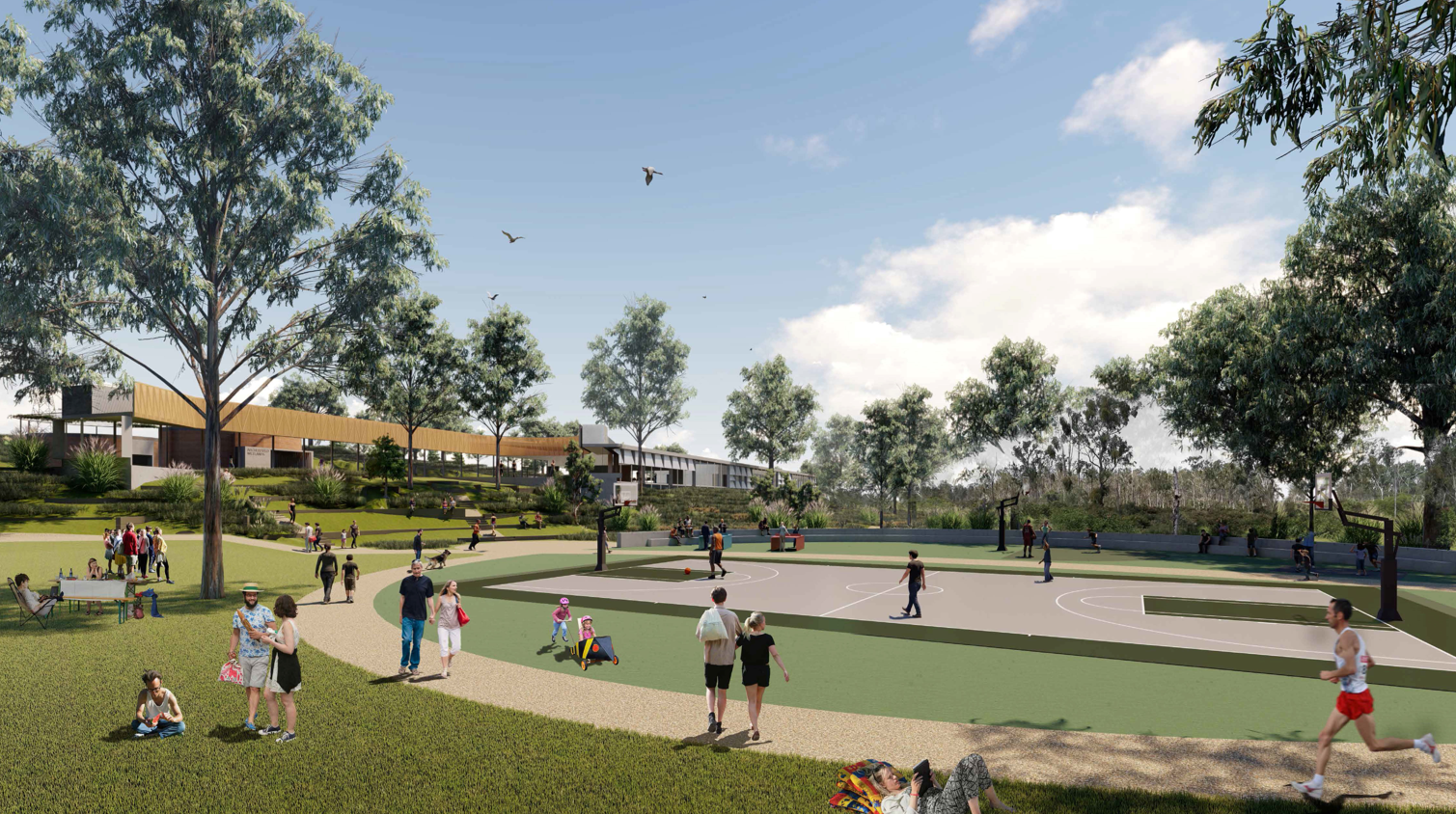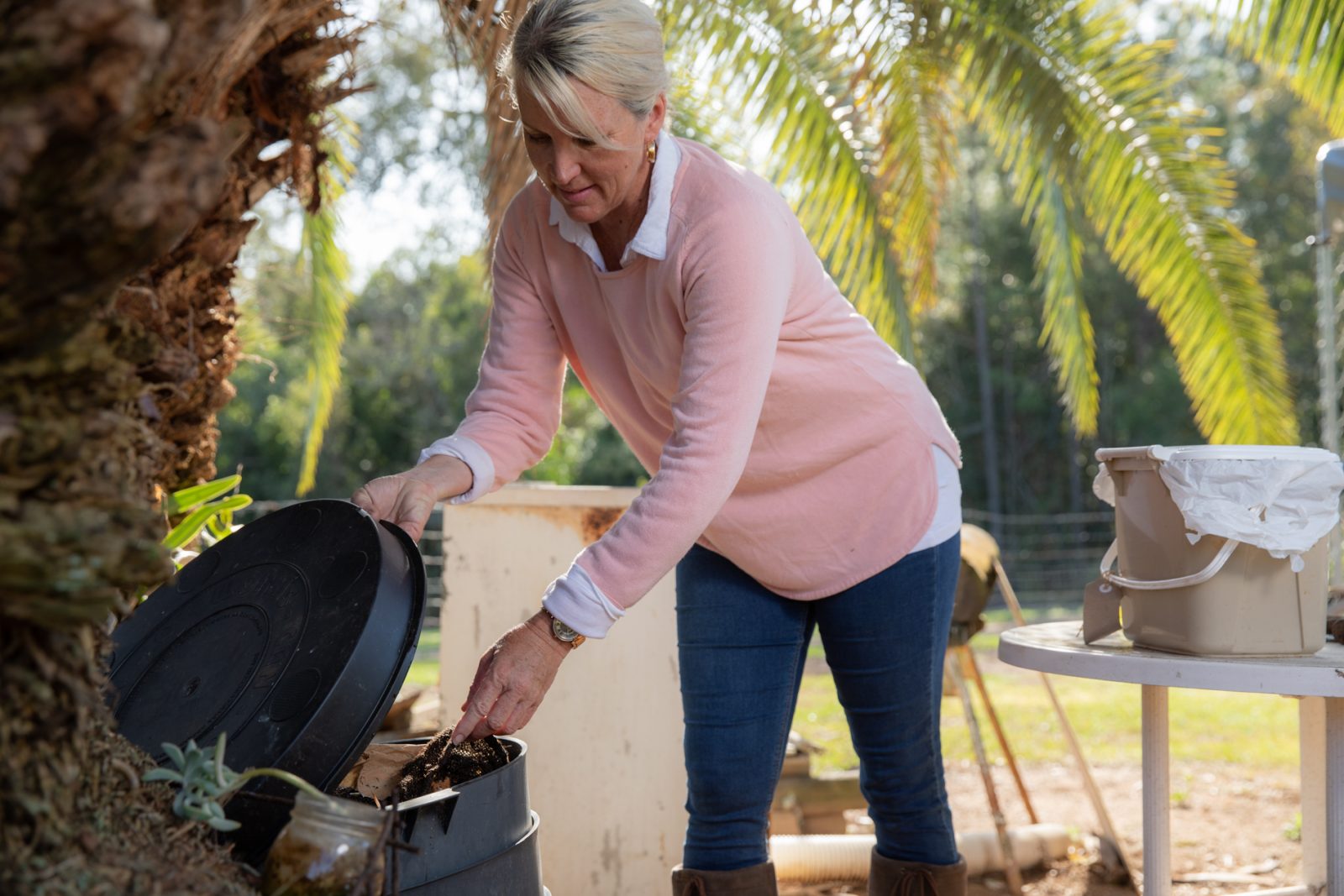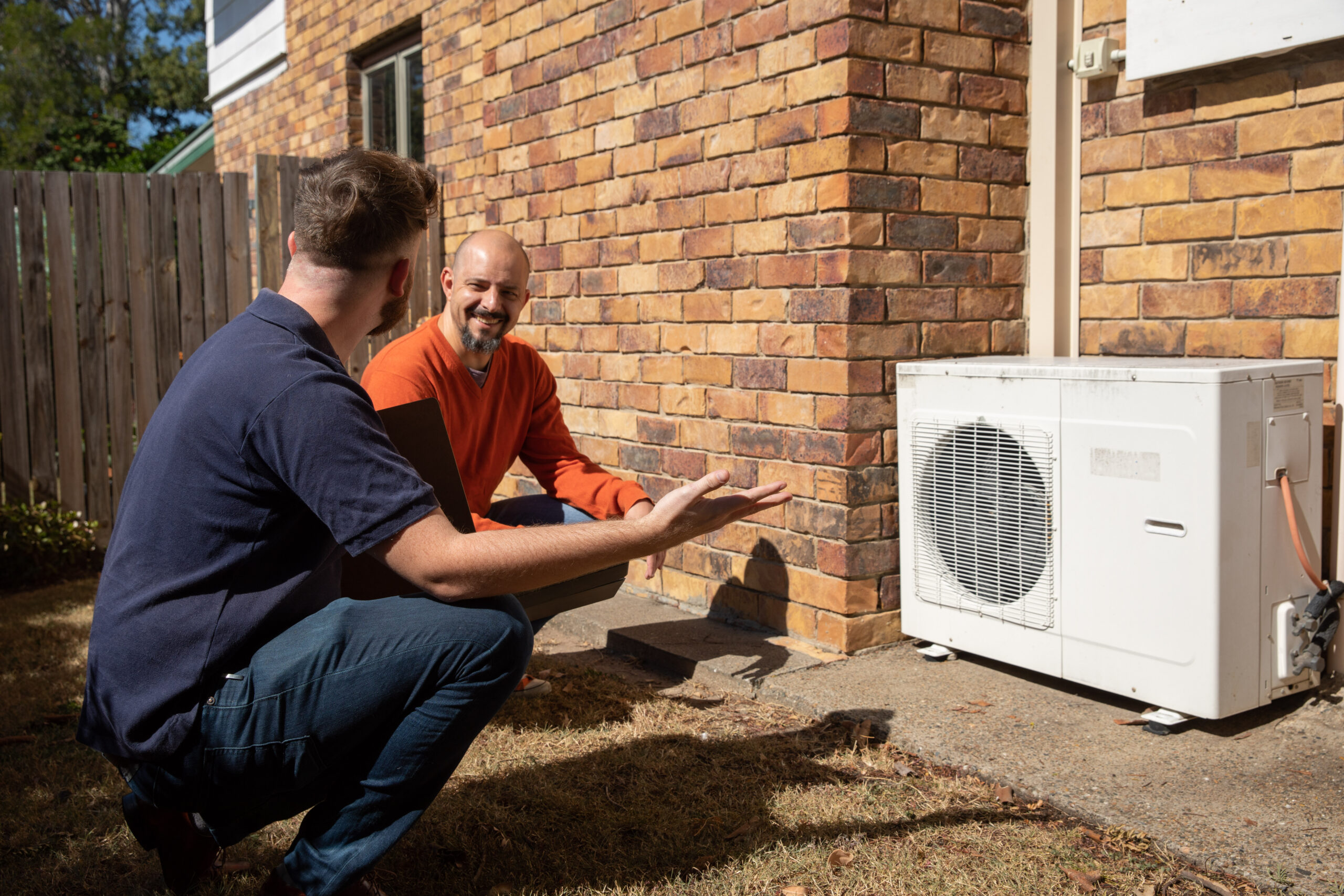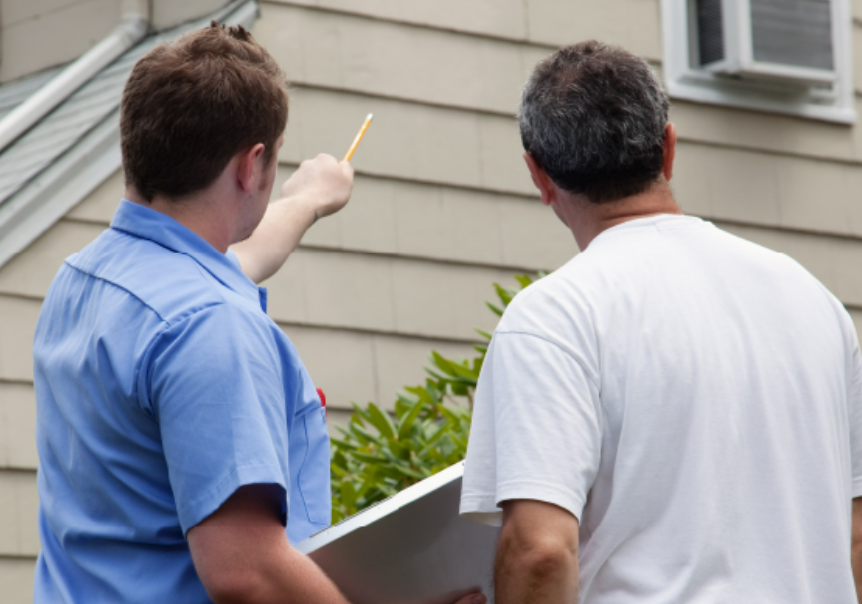The Morris household
The story of a Brisbane Carbon Challenge champion household.
Household:
FAMILY
Dwelling:
HOUSE
Ownership:
OWN
Total emissions reduction: 79%
Original emissions:
21.3 tonnes
Transport: 10.6 tonnes
Energy: 10.2 tonnes
Waste: 0.4 tonnes
Reduced emissions:
4.5 tonnes
Transport: 4.4 tonnes
Energy: 0.1 tonnes
Waste: 0 tonnes
About the household
Heidi Morris and two of her daughters live on an acreage in North Brisbane. With a significant plot of land and limited access to public transport, the Morris household had the highest emissions of all champion households at the start of the Brisbane Carbon Challenge. However, through smart investments in transport and energy as well as changes to their household waste behaviours, the Morris family achieved the biggest reduction in carbon emissions, lowering their yearly emissions by an impressive 16.7 tonnes!
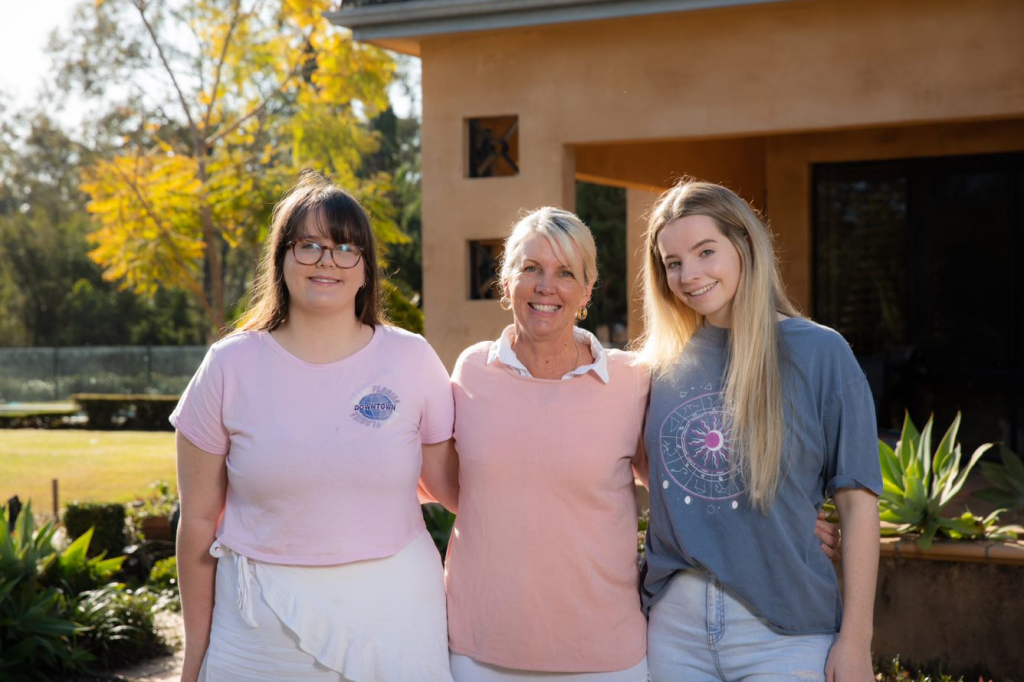
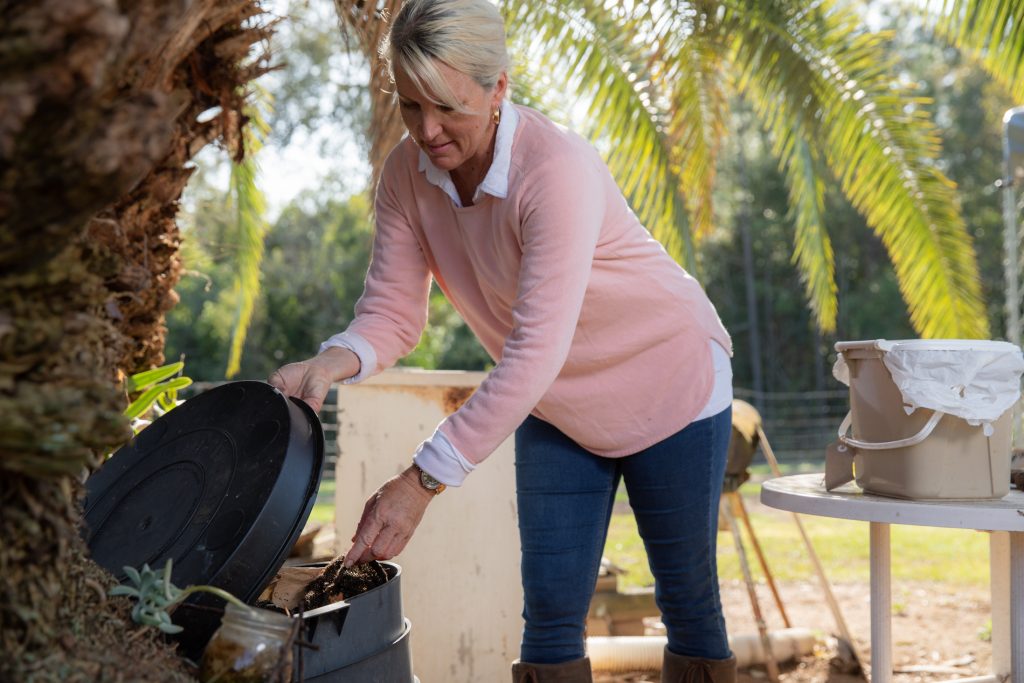
“The Carbon Challenge has helped me to better understand the different factors contributing to my household’s overall carbon emissions… It was through an exciting journey of discovery, explanation and inspiring education, that we were able to identify and focus on specific strategies that would reduce my household emissions and review and adapt them.“
Heidi Morris
Successes
Composting food waste every which way
For Heidi, digging into food waste was a big highlight of the Brisbane Carbon Challenge. Starting with one compost bin, Heidi now has a sophisticated food waste system on her property:
‘I now have two large bath tubs and three standard worm farms all operational, so I contribute zero food waste to landfill now. I also now have four chickens of my own and I am more conscientious about not throwing anything in the regular garbage that can be salvaged and utilised by the worms or the chickens.’
This process was enlightening and addictive for Heidi, who notes that having a, “Better understanding of where [her] food and garden waste is going and contemplating the significant environmental impact of that has transformed how [she] look[s] at recycling.’ In fact, after taking these steps in the Brisbane Carbon Challenge, Heidi has enrolled in Brisbane City Council’s Master Composter Course.
Pool pump draining energy
Did you know that for the average Queensland home with a pool, this summer-time luxury is the biggest household energy guzzler, responsible for 33% of consumption? Like many of us, Heidi didn’t realise how much energy her pool pump was using. Changes in energy consumption don’t always require big investments or inconvenient changes to behaviour. For example, Heidi simply reduced her energy bills and emissions by setting her pool pump running time to a minimal amount while still keeping her pool clean and healthy.
Challenges
Learning eco-driving
Living far from public transport and with two daughters who also drive, reducing transport emissions was the biggest challenge for the Morris household. In addition to purchasing an electric bike to share, they learned that adopting eco-driving techniques was an effective way to become more fuel-efficient. Initially, the household wanted an in-car monitoring device to monitor their driving behaviour and receive real-time feedback via coloured lights to change their driving behaviours.
Unfortunately, the device ‘wasn’t something that could be fitted to [the family’s] cars as they were too old.’ However, that didn’t stop Heidi from learning and practising specific skills and tips to drive more efficiently. For example, gentle braking, keeping tyres inflated and maintaining a constant speed have helped to lower her bills and transport emissions.
Heidi’s top tip:
‘Take the online Carbon Challenge calculator to establish your own emissions and make a plan to change what you are doing – make the world a better place! Reduce your waste where you can, turn off your lights, switch off your big TV and embrace a cleaner and greener way of living. You will benefit and so will the planet.‘
The Morris’ low carbon action plan:
- purchased 100% renewable energy (GreenPower)
- composted food and garden waste
- replaced vehicle use with active transport (electric bike)
- reduced vehicle use
- adopted eco-driving techniques
- used E10 instead of petrol
- adjusted set point on the air conditioner to 24 degrees in summer
- used fans instead of the air conditioner
- switched off lights when not in use
- reduced pool pump running time
- upgraded fridge to a more efficient model
- took shorter showers
- switched off appliances at the wall when not in use
- recycled waste paper and cardboard
- reduced food waste.

